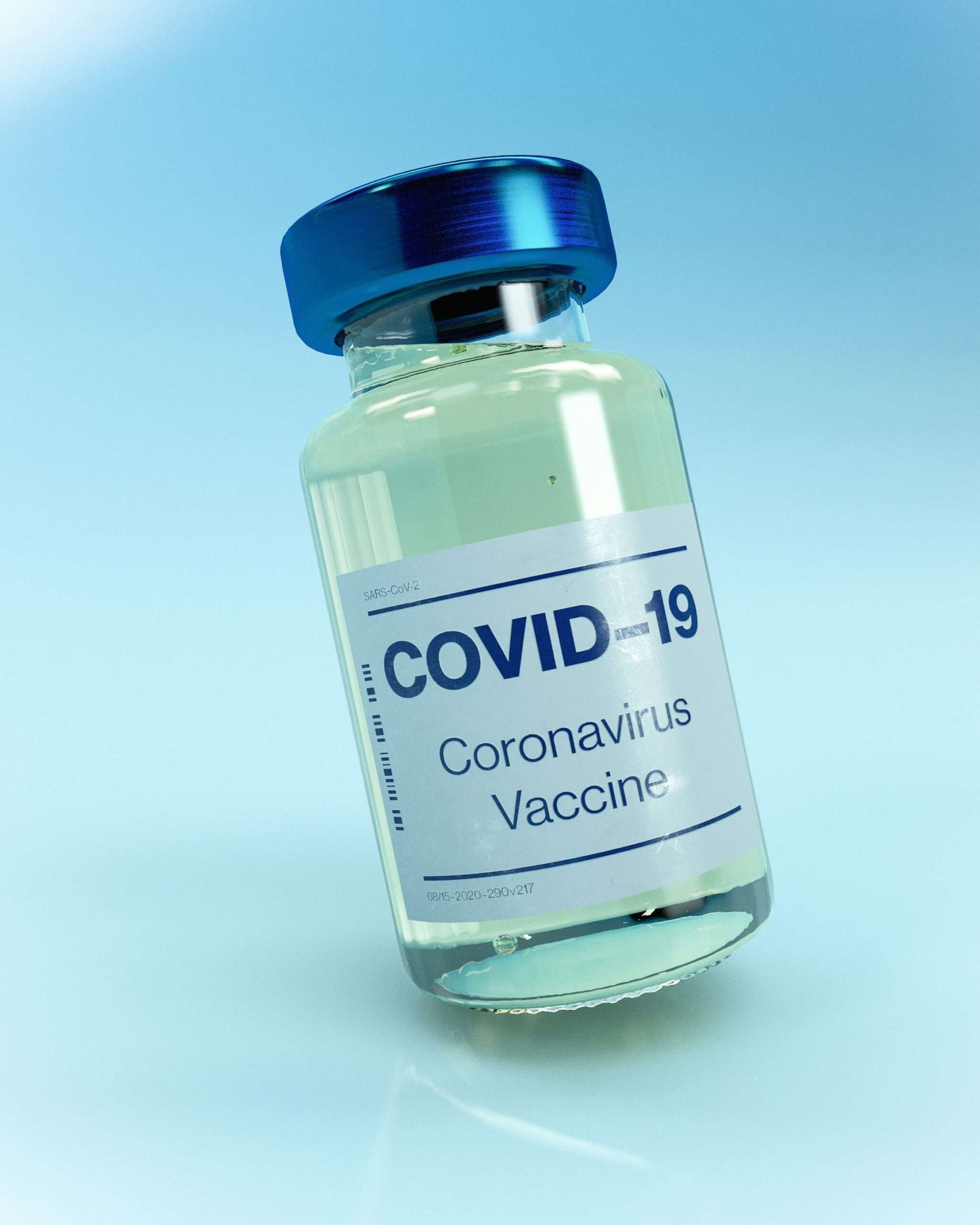
Blood glucose levels are modulated by the hormone glucagon and this very polypeptide, GLP-1, is critical for the treatment of diabetes type 2. When a meal is ingested, the intestines secrete GLP-1, which reduces gastric emptying rate, reduces secretion of glucagon, stimulates secretion of insulin and promotes the feeling of fullness, all factors that lead to depletion of blood sugar levels. In an effort to enhance treatment of type 2 diabetes, treatment has also focused on enhancing GLP-1 action since patients suffering from this condition show a diminished GLP-1 response.
Liraglutide, exenatide, and semaglutide are essentially GLP-1 receptor agonists mimicking the function of the endogenous GLP-1. These drugs are taken through IV in treatment of diabetes type 2. They assist in controlling blood glucose levels by causing weight loss and aiding in sugar control. They stimulate the secretion of insulin from the beta cells of the pancreas in response to high blood glucose levels by binding to the GLP-1 receptors on these cells while a glucagon suppression is also achieved.
In addition to assisting in blood glucose management, GLP-1 receptor agonists have been shown to be beneficial for the heart and other parts of the cardiovascular system. An analysis shows that the risk for serious cardiovascular adverse events is low among patients with type 2 diabetes and prior ischemic heart disease who are treated with these medications. In addition, due to the complexity of the action mechanism they are also associated with a lower incidence of hypoglycemia than other types of diabetic treatment such as insulin and sulfonylureas.
Besides that, the impacts of GLP-1 medications may induce negative side effects like gastrointestinal problems such as nausea, vomiting, or diarrhea. Also, for some people, financial burden and need for only injections can pose challenges for their use. Nevertheless, GLP-1 receptor agonists are a breakthrough in diabetes management and present a treatment option which caters to not just blood glucose levels, but other aspects of the disease; thus they form an essential part of holistic management of diabetes.



0 Comments